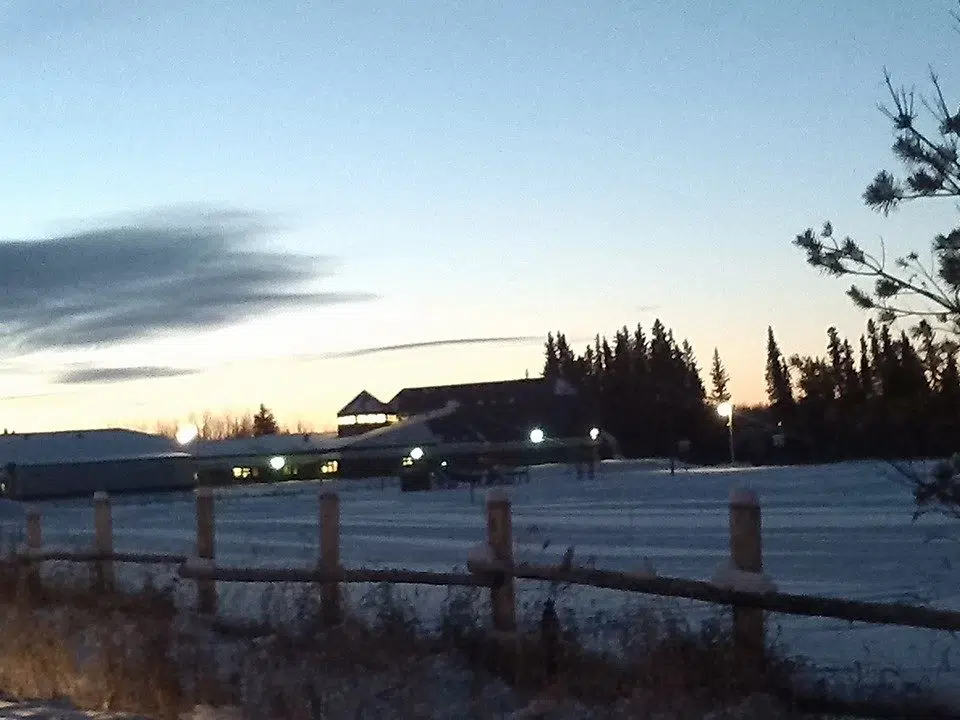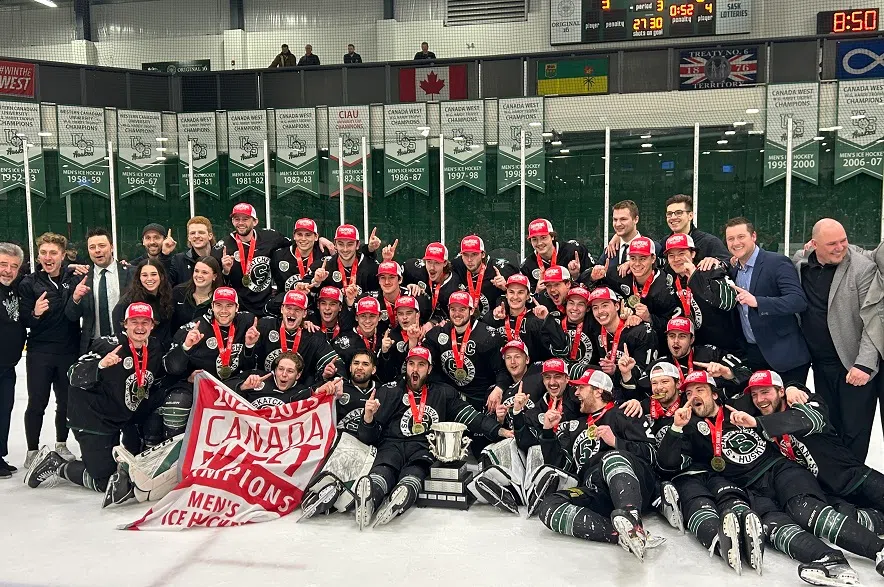She was a great kid who was shy at first, but had a great smile. When she opened up to someone, she let her vivacious personality shine.
That girl, according to Waterhen Lake First Nation Band Councillor Dustin Ross Fiddler, was a 14-year-old teenager who recently took her own life. Ten others on the First Nation in northern Saskatchewan have attempted suicide in the last few weeks alone.
“She had a lot going for her moving forward in life,” recalled Fiddler. “It’s just so sad to see that cut short. My personal opinion on it is this pandemic definitely laid the groundwork for that loss of hope in that young individual.”
Waterhen Band Council met Wednesday (May 13) to discuss whether to enact a state of emergency on the reserve, but at this time the decision was made to try to manage the situation with additional resources from Meadow Lake Tribal Council.
“The meeting we had today was to say we’re going to create a plan and a strategy moving forward to make sure we’re addressing the issues in the community and the mental health issues,” he said.
Weekly meetings will be held, and if health care staff get to the point where they don’t have the capacity to reach everyone, the state of emergency will be declared.
“It’s still on the table as we assess our strategy,” he added.
Fiddler described a First Nation that has been badly affected by the recent lockdowns, restrictions on movement and a lack of social distancing options. He says it’s very difficult for many people wherever they may be, to be unaffected by emotional and financial stress or family turmoil.
Initially, he explained that there were at least some options, including ongoing addictions workshops and treatments, mental health supports and some youth-based outings.
“We went from having this full agenda moving forward, for all of that support to just – we had to stop everything and it went into stay at home, locking down the community and only essential trips in the community. That was for the protection of the community.
“As time’s gone by now and the initial shock of the coronavirus has started to wane from Waterhen, we’ve really realized it was creating almost a backlog of these mental health issues and addictions issues.”
In larger communities like Prince Albert or Saskatoon – while there are at least options to go for a walk, a bike ride or go to a park – Fiddler says those are not available for the people in many northern communities.
“If you’re in Saskatoon…there’s still a lot for people to do in a socially distant way. On a First Nation we don’t really have all of those amenities and resources to be able to be social in a socially distant way.”
At this point he doesn’t believe either the Saskatchewan Health Authority or the province have reached out to work on the community’s mental health and safety. He’s hoping more mental health workers are sent to northern Saskatchewan to help.
“Before we even entered the time of COVID-19 we were dealing with addictions issues and mental health issues. There was already so much trauma the communities were dealing with and this just exacerbated everything. It made it so much worse and so much harder for our communities to find the healthy supports they need.”
And he doesn’t believe that the province should wait until a state of emergency has been declared, or until a certain number of people have died, before the resources are made available.
The last time Fiddler spent time with the young woman who took her life – it was Valentine’s Day, when he was able to go to her classroom. Her smile greeted him as he gave out cards and was able to chat with the students. His hope is that no one else’s life is lost in the same way.
“It’s so terrible and I don’t want to see that happen to any more of our people in any of our communities.
“If we lose more people to a mental health crisis in our First Nation, it’s just that added trauma…that no family should have to go through.”







